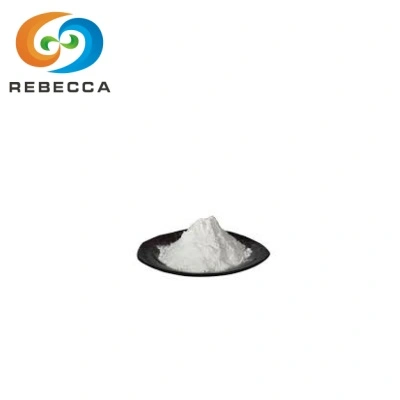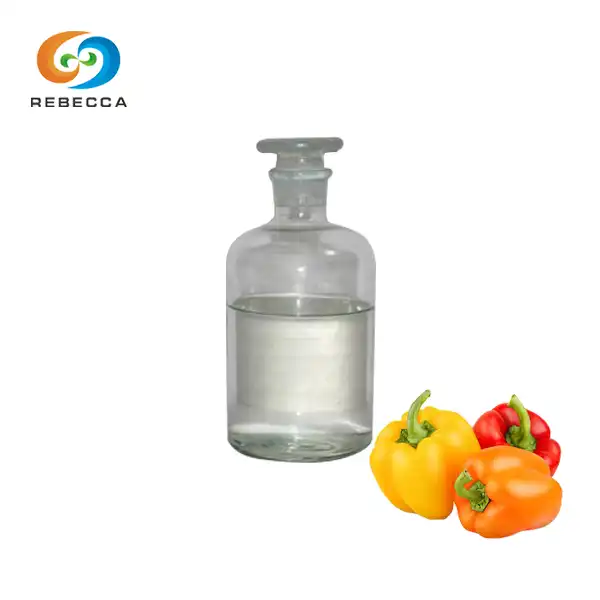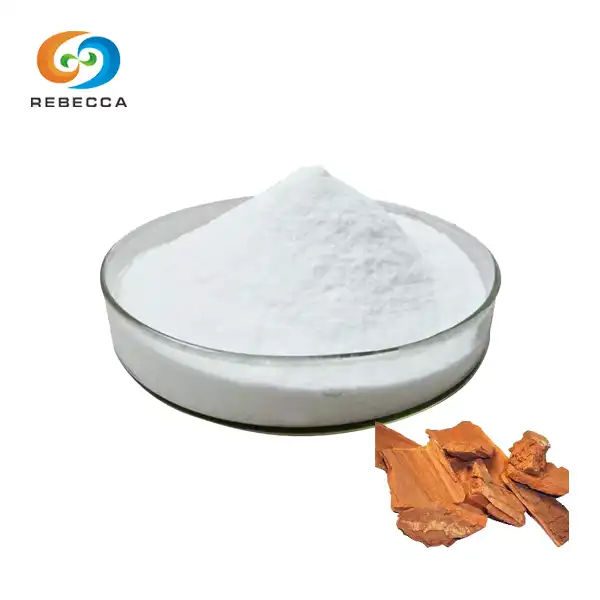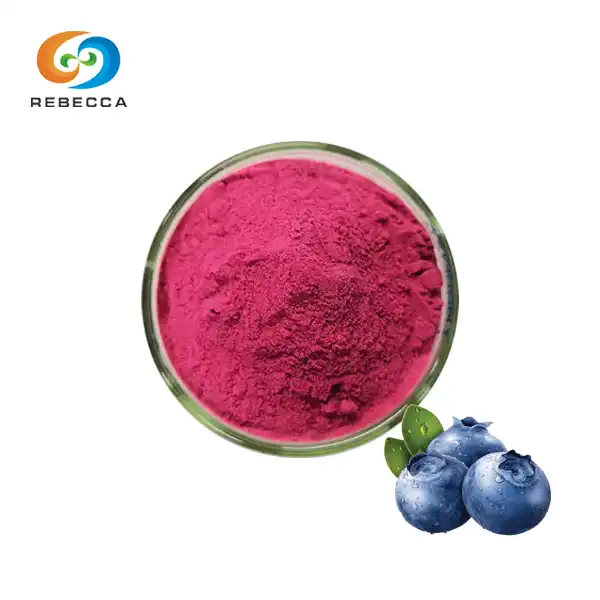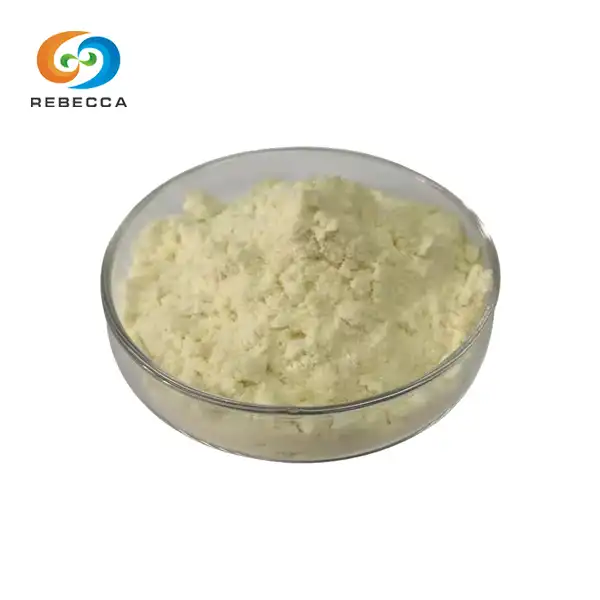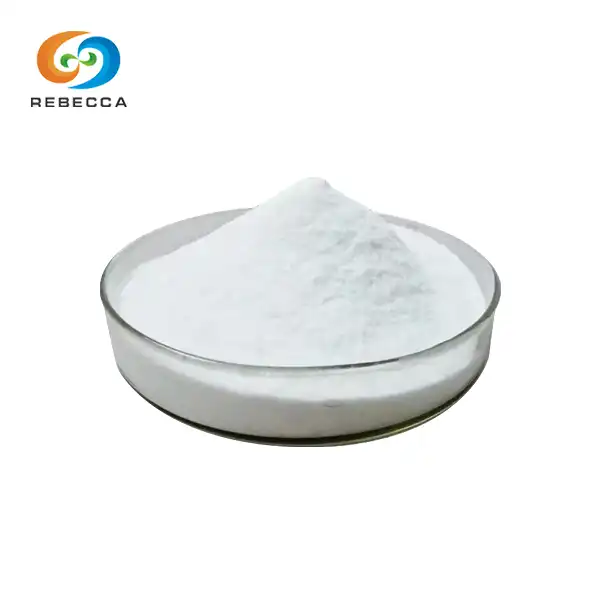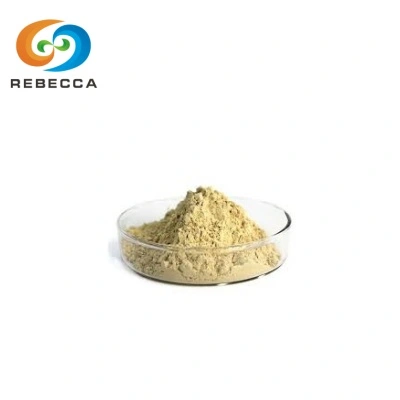Red Clover Extract For Hair
For centuries, nature has provided us with powerful botanical solutions to address various health and wellness concerns, and hair care is no exception. Among the many herbal remedies gaining attention in recent years, red clover extract—derived from the plant Trifolium pratense L.—has emerged as a promising ingredient for supporting hair health. Rich in bioactive compounds like isoflavones, red clover powder offers a natural approach to promoting hair growth, reducing hair loss, and improving scalp health. This article explores the science behind red clover extract, its key benefits for the hair and scalp, and how it can be incorporated into a holistic hair care routine.
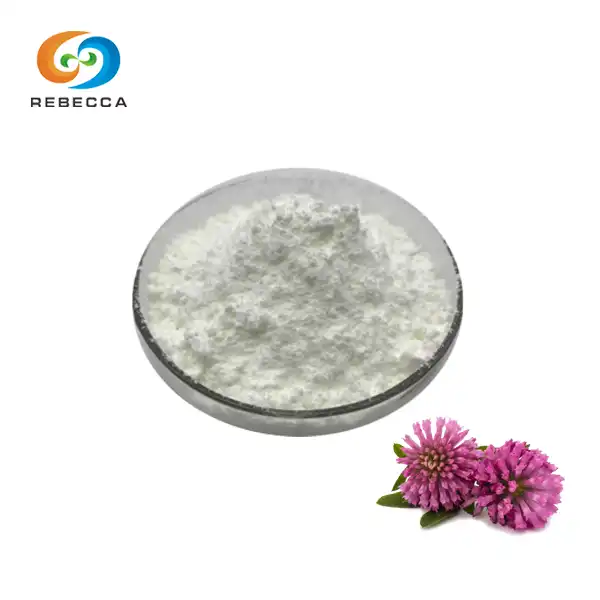
Red Clover Extract Powder
Product Name: Red clover Extract
CAS No.: 485-72-3
Specification: Formononetin 98%
Test Method: HPLC
Latin Name: Trifolium pratense L.
Promotes Hair Growth
Hair growth is a complex process influenced by genetics, hormones, nutrition, and scalp health. Red clover extract stands out for its ability to address multiple factors that contribute to healthy hair follicles. At the core of its efficacy are its isoflavone compounds, particularly genistein and daidzein, which exhibit both antioxidant and phytoestrogenic properties.
Phytoestrogens are plant-derived compounds that mimic the effects of human estrogen, binding weakly to estrogen receptors in the body. For individuals with hormonal imbalances, such as those experiencing androgenetic alopecia, the most common form of hair loss, this interaction can be particularly beneficial. In men, androgenetic alopecia is linked to the hormone dihydrotestosterone (DHT), which is produced when testosterone is converted by the enzyme 5α-reductase. DHT causes hair follicles to shrink, leading to shorter, thinner hairs and eventually hair loss. Studies have shown that genistein, a key component of red clover powder, can inhibit the activity of 5α-reductase, reducing DHT production and potentially slowing down follicle miniaturization.[(Kim et al., 2000)]
Beyond hormonal regulation, red clover extract supports hair growth by enhancing the scalp's microenvironment. Oxidative stress and inflammation are known to disrupt the hair growth cycle, and the antioxidants in red clover—including phenolic acids and flavonoids—help neutralize free radicals that damage hair follicles and surrounding tissues. By reducing oxidative damage, these compounds create a more favorable environment for hair follicles to enter the anagen (growth) phase and remain there longer, promoting the development of stronger, thicker hair.
Additionally, red clover powder contains essential nutrients that are vital for hair health, such as vitamins (including vitamin C and B-complex vitamins) and minerals (like iron and magnesium). These nutrients support the production of keratin, the structural protein of hair, and contribute to overall follicle health, ensuring that hair grows from a strong and nourished base.
Natural Solution to Reduce Hair Loss
Hair loss can stem from various causes, including hormonal changes, stress, poor nutrition, and scalp conditions. Red clover extract addresses many of these underlying factors, making it a valuable addition to strategies aimed at reducing hair loss, particularly in cases related to hormonal fluctuations.
For women, hormonal shifts during menopause often lead to a decline in estrogen levels, which can disrupt the hair growth cycle and increase hair shedding. The phytoestrogens in red clover, such as daidzein, can help mitigate these effects by binding to estrogen receptors and providing a mild estrogenic effect. This helps maintain the balance of sex hormones, potentially prolonging the anagen phase of hair follicles and reducing the number of hairs entering the catagen (resting) phase too early.[(Setchell et al., 1997)]
Moreover, red clover's anti-inflammatory properties play a crucial role in reducing hair loss caused by scalp inflammation. Conditions like seborrheic dermatitis or folliculitis create an inflammatory environment that weakens hair follicles and leads to premature shedding. By inhibiting pro-inflammatory cytokines and reducing scalp redness and irritation, red clover extract helps stabilize the scalp, allowing hair follicles to function optimally. This is particularly beneficial for individuals with sensitive scalps or chronic inflammatory conditions that contribute to hair loss.
Another way red clover powder aids in reducing hair loss is by improving the integrity of the hair shaft itself. Oxidative stress and environmental aggressors like UV radiation and pollution can damage the hair cuticle, making hairs more prone to breakage. The antioxidants in red clover help protect the hair from these external stresses, strengthening the hair from root to tip and minimizing breakage-related hair loss. When used consistently, this can lead to noticeable improvements in hair density and overall hair quality.
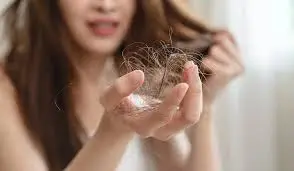
Enhancing Scalp Health with Red Clover Powder
A healthy scalp is the foundation of vibrant, lustrous hair, and red clover extract offers multiple benefits to support scalp wellness. The scalp's microenvironment—including its pH balance, moisture levels, and immune response—directly impacts hair follicle health, and red clover's bioactive compounds work synergistically to optimize these factors.
As mentioned earlier, the anti-inflammatory properties of red clover help calm irritated scalps, reducing symptoms of conditions like dandruff, eczema, or psoriasis that are characterized by itching, flaking, and inflammation. By soothing the scalp, red clover extract creates a more comfortable environment for both the scalp and hair follicles, preventing the cycle of inflammation-induced damage and hair loss. This makes it a suitable ingredient for individuals with sensitive or reactive scalps who may need gentle yet effective care.
Red clover powder also contributes to scalp hydration and barrier function. The plant's natural compounds help retain moisture in the scalp, preventing dryness and flakiness that can lead to dandruff and discomfort. A well-hydrated scalp supports the optimal functioning of sebaceous glands, which produce sebum to lubricate the hair and scalp. Balanced sebum production is essential for maintaining a healthy scalp microbiome, as both excessive oiliness and dryness can disrupt the microbial balance and contribute to scalp issues.
When incorporated into topical hair care products such as shampoos, conditioners, or scalp serums, red clover extract provides targeted benefits. These formulations allow the active compounds to directly interact with the scalp and hair follicles, enhancing absorption and efficacy. For example, a red clover-infused shampoo can cleanse the scalp while delivering anti-inflammatory and antioxidant benefits, while a scalp serum may offer a more concentrated dose for addressing specific concerns like thinning or inflammation. Additionally, red clover can be used in DIY hair masks when mixed with other nourishing ingredients like aloe vera or coconut oil, providing a holistic approach to scalp and hair care.
For those seeking internal support, red clover extract is also available as a dietary supplement. Oral consumption allows the body to absorb the isoflavones systemically, addressing hormonal imbalances and oxidative stress from within. This can be particularly beneficial for individuals whose hair loss or scalp issues are rooted in internal factors such as hormonal fluctuations or poor nutrient status. However, it's important to consult a healthcare provider before starting any new supplement, especially for those with hormone-sensitive conditions, as phytoestrogens may interact with certain medications or health conditions.
How to Incorporate Red Clover Powder into Your Hair Care Routine
Integrating red clover extract into your hair care routine can be done through both topical and internal methods, depending on your specific needs and preferences:
- Topical Applications: Look for commercial hair care products that list red clover extract or red clover powder as an ingredient, particularly those formulated for scalp health and hair growth. These may include shampoos, conditioners, leave-in treatments, or scalp oils. For a more natural approach, create homemade treatments by mixing red clover powder with water, honey, or carrier oils to form a paste that can be applied to the scalp and left on for 15–20 minutes before rinsing.
- Oral Supplementation: Red clover supplements are available in capsule or tablet form, often standardized to contain specific levels of isoflavones like formononetin. Follow the recommended dosage on the product label or as advised by a healthcare professional, ensuring the supplement is of high quality and derived from pure Trifolium pratense L.
- Dietary Inclusion: While less common, red clover can be consumed as a tea by steeping the dried herb in hot water. This not only provides potential internal benefits but also offers a soothing ritual for overall wellness.
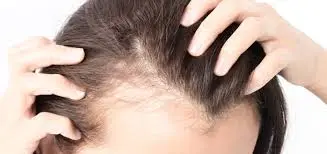
At Rebecca Bio-Tech, we are committed to providing premium-quality red clover powder derived from Trifolium pratense L., standardized to contain 98% formononetin and tested via HPLC for purity and potency. Our red clover extract is carefully manufactured to preserve its bioactive compounds, ensuring maximum efficacy for both topical and internal use. Whether you're formulating hair care products or developing dietary supplements, our red clover extract powder offers a reliable and natural ingredient to support hair health.
For more information or to place an order, please reach out to us at information@sxrebecca.com. Our team of experts is ready to assist you in integrating red clover extract into your formulations and answering any questions you may have about its benefits and applications.
References
Kim, H. J., et al. (2000). Inhibitory effects of isoflavones on 5α-reductase activity and dihydrotestosterone production in human skin fibroblasts. Journal of Investigative Dermatology, 115(3), 498–504.
Setchell, K. D., et al. (1997). Dietary phytoestrogens and human health: a reappraisal. American Journal of Clinical Nutrition, 65(6 Suppl), 1973S–1988S.
